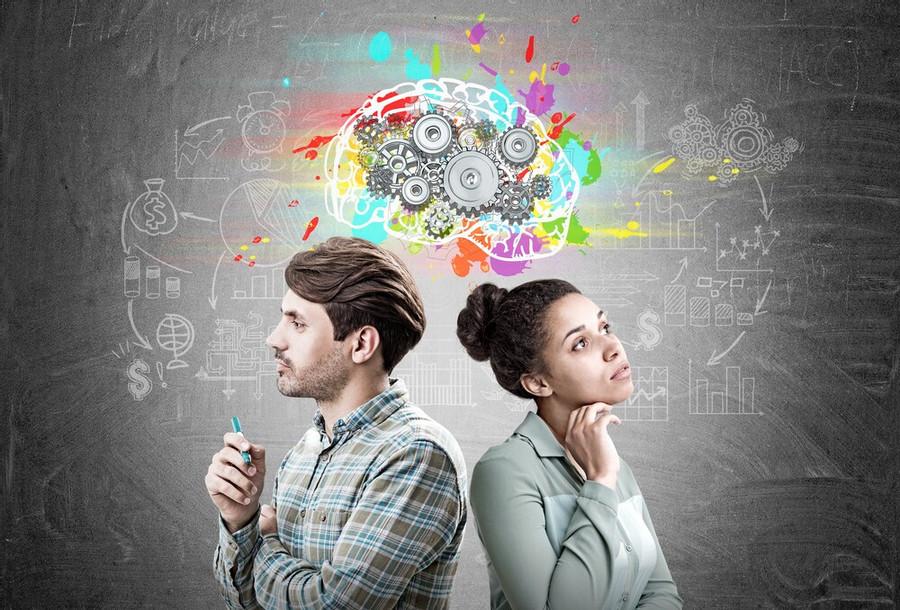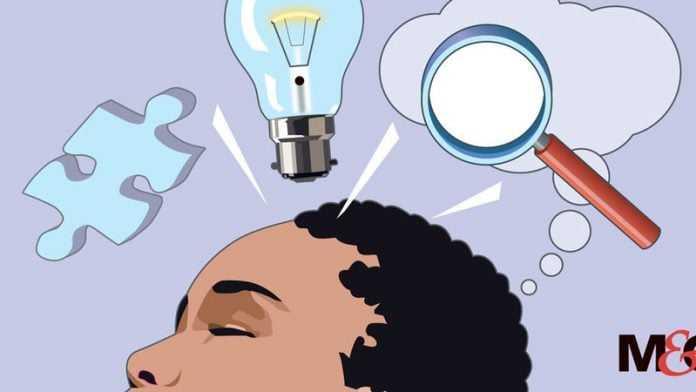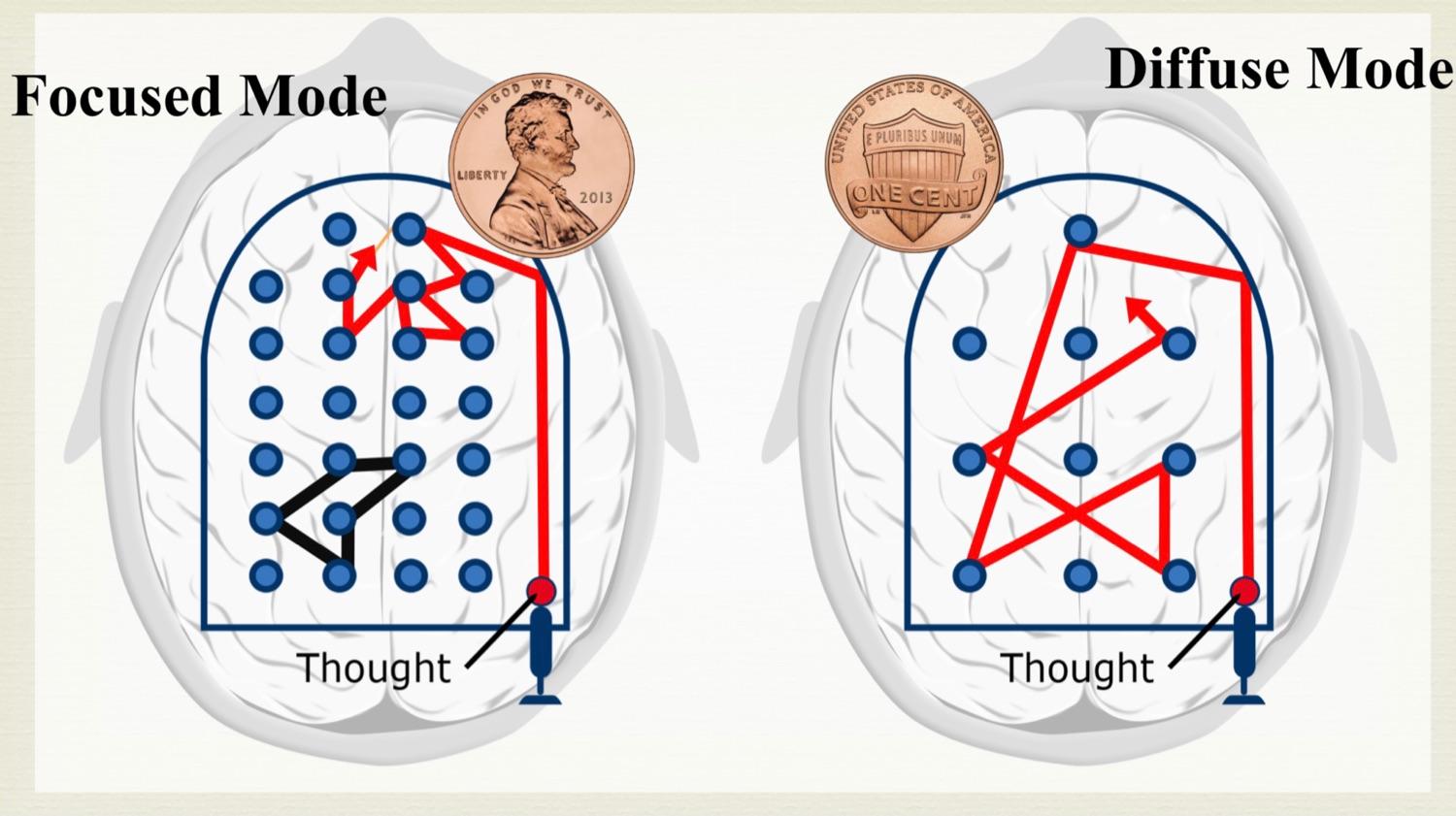Mental Models: Out of Box Thinking
Mental models are the various thinking frameworks that are used to understand life, make decisions, and solve problems.
Just raw intelligence is not enough to solve problems. A different or a broader set of mental models can provide a different view of the problem, leading to an unconventional, new solution not thought of before.
5.33K
29.2K reads
CURATED FROM
IDEAS CURATED BY
The idea is part of this collection:
Learn more about personaldevelopment with this collection
Practicing empathy in relationships and communication
Understanding the importance of balance in personal and professional life
Defining your path in life
Related collections
Similar ideas to Mental Models: Out of Box Thinking
Mental Models: Examples
A mental model is an explanation of how something works. They are beliefs, worldviews or frameworks of thinking. You carry a certain kind of thinking in you to arrive at a solution to a problem.
Some examples:
- Demand and Supply: to understand the economy
- Game Theory: ...
The thinking problem
Our brains must make sense of the confusing world around us by processing a never-ending stream of information. Ideally, our brains would analyze everything thoroughly. However, they cannot, because it is too impractical.
- Thinking takes time, and our decision...
Focused & Diffuse Modes - two modes of thinking
Focusing:
- concentrating intently on sth you're trying to learn
- sth you're rather familiar with -> thought moves smoothly as if it's traveling along a familiar, nicely paved road
Diffuse thinking:
- more rel...
Read & Learn
20x Faster
without
deepstash
with
deepstash
with
deepstash
Personalized microlearning
—
100+ Learning Journeys
—
Access to 200,000+ ideas
—
Access to the mobile app
—
Unlimited idea saving
—
—
Unlimited history
—
—
Unlimited listening to ideas
—
—
Downloading & offline access
—
—
Supercharge your mind with one idea per day
Enter your email and spend 1 minute every day to learn something new.
I agree to receive email updates


